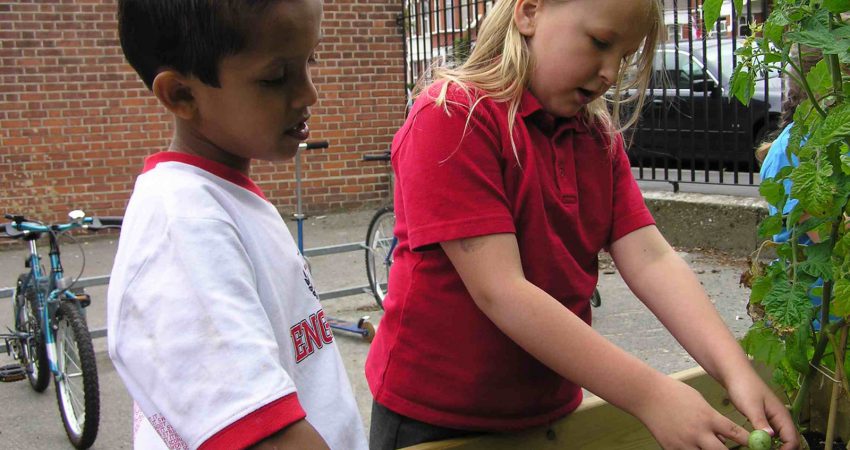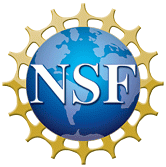
By Bronwyn Bevan - March 2011
PAPER CITATION
Barton, A. C., & Tan, E. (2010). "We be burnin!": Agency, identity, and science learning. Journal of the Learning Sciences, 19(2), 187–229.
This study investigates the relationship between science learning, science learning identities, and student agency. To support the development of science learning identities, the authors argue for the need to provide children/youth with opportunities to engage with science in ways that meaningfully blend the world of science with students' social worlds.
Specifically, the authors led an afterschool program where middle school youth learned about the phenomenon of urban heat islands (UHIs). By following youth interests, the program leaders significantly changed their program design from a plan to have youth learn about and model UHIs to a youth-driven plan to go out into the urban community to investigate actual UHIs and to interview community members about what they knew about them. As the youth learned how little community members knew about UHIs, they chose to develop highly personalized videos, drawing on music and "youth speak" that was meaningful to them, in order to explain UHIs to a wide range of community stakeholders. The videos thus blended the science they were learning, aspects of their youth culture, and the larger urban community in which they were living. The videos became a tool for the youth to share their knowledge and meet with community members, politicians, scientists, and others they otherwise would not be able to access, thus expanding their identities as knowledgeable contributors in matters of importance to their communities and also deepening their commitment as active members of an authentic science learning community that was generating real knowledge and resources.
This study underscores the link between opportunities to exercise agency and the development of science learning identities. Programs that seek to support the development of science learning identities need to provide students with opportunities to exercise agency with respect to questions, methods, meaning, and purpose—what they do, why, and how. The article provides a well-developed theoretical framework, drawing on sociocultural and critical theories of learning, explicating the relationship between identity, agency, and science learning, which science educators can use in the design and implementation of science learning programs.




